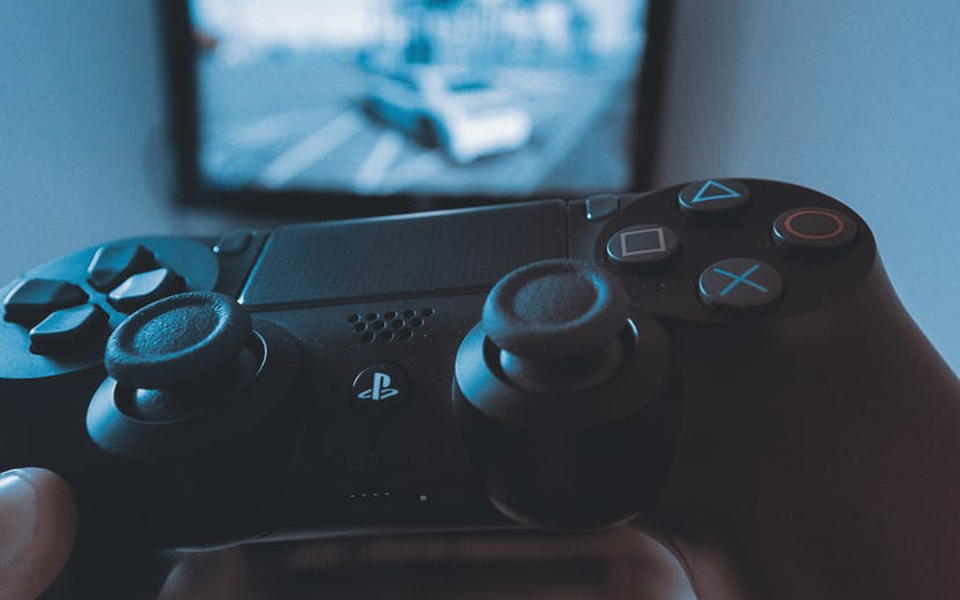
Is “internet gaming disorder” a disease? The WHO thinks so
The World Health Organization (WHO) will add “gaming disorder” to its International Classification of Diseases (ICD-11) when they release their 11th edition in June.
What differentiates an internet gaming disorder from a healthy hobby? We asked Hamilton Health Sciences psychologist in the Child and Youth Mental Health program, Ashley Legate, to explain the signs and symptoms.
What is “internet gaming disorder”?
Since some excessive gaming behavior can affect a person’s personal, social, educational, or occupational relationships, it is now being recognized as a clinical disorder by WHO. Once a disease is on the list, it encourages further study.
WHO is conceptualizing the disorder as an impulse control disorder. An impulse control disorder, which includes disorders such as kleptomania, pathological gambling, and compulsive sexual disorder, differs from substance addictions in that there are no substances taken into the body and no signs of intoxication. Impulse control disorders can cause some similarities to substance addictions like cravings, feelings of being out of control, and pleasure.
Though it is being studied, no more than 3% of gamers would actually suffer from this mental health condition, according to the WHO.
“Many researchers and clinicians are careful that we do not pathologize normal behaviors and have suggested that a very small minority of gamers experience impairment in social, occupational, or other functioning that would require professional support,” says Ashley.
“a very small minority of gamers experience impairment in social, occupational, or other functioning”
How can an internet gaming disorder change your lifestyle?
Problems with gaming might make a person miss school, work, or other obligations. They may experience withdrawal symptoms like irritability or anxiety when games are taken away. They may become deceptive to family, therapists and others regarding how much time they actually spend on internet games, and may have a strong emotional reaction when they can no longer play. Gaming addiction may cause them to lose interest in other hobbies they once enjoyed and affect their relationships with friends and family.
Based on the most recent literature, a person may also be experiencing other mental health symptoms associated with Attention Deficit Hyperactivity Disorder (ADHD), Obsessive Compulsive Disorder (OCD), a mood disorder such as depression, or an anxiety disorder.
What are the symptoms?
• Difficulty controlling gaming behavior
• Gaming being chosen over other interests and daily activities
• Continuation or escalation of gaming despite negative consequences
• Gaming that results in impairment in personal, family, social, educational, occupational or other important areas of functioning
• Symptoms that are present for at least 12 months
Treatment options:
If a person is concerned they may have these symptoms, a family doctor or a mental health professional can determine whether they meet criteria for some other mental health condition and/or whether treatment is appropriate.
Research on internet gaming disorder treatment is very new and generally for internet addiction as a whole, but there are some options:
Track gaming behavior: If you are wondering whether your video game behavior is problematic, start tracking your time spent with online activities and other activities you enjoy using a diary or a behavioral tracking chart. There are also apps to help you monitor technology use on your phone. Bring that information and your insights about your behavior to a therapist or family doctor.
Medication: Medications used to treat underlying mental health conditions including ADHD, generalized anxiety disorder, or OCD, may help problematic gaming behavior.
Cognitive behavioral therapy with mindfulness: This would include:
- Education about underlying mental health conditions
- Learning impulse control strategies
- Learning how to have more balanced thoughts
- Gradual exposure to fears and anxiety
- Time management strategies
- Developing social skills and identifying social supports
Self Help: If you feel that you do not have a significant difficulty with gaming but would like to have more balance in your relationship with gaming and other technology, you can use some self-help strategies from the resources below:
Addictions and problematic internet use, Canadian Mental Health Association
Unplug (from Technology) and Connect: Keeping Families Strong in a Wired World, eMentalHealth.ca
Take control of your phone, Center for Humane Technology
How to create a technology policy with your family
